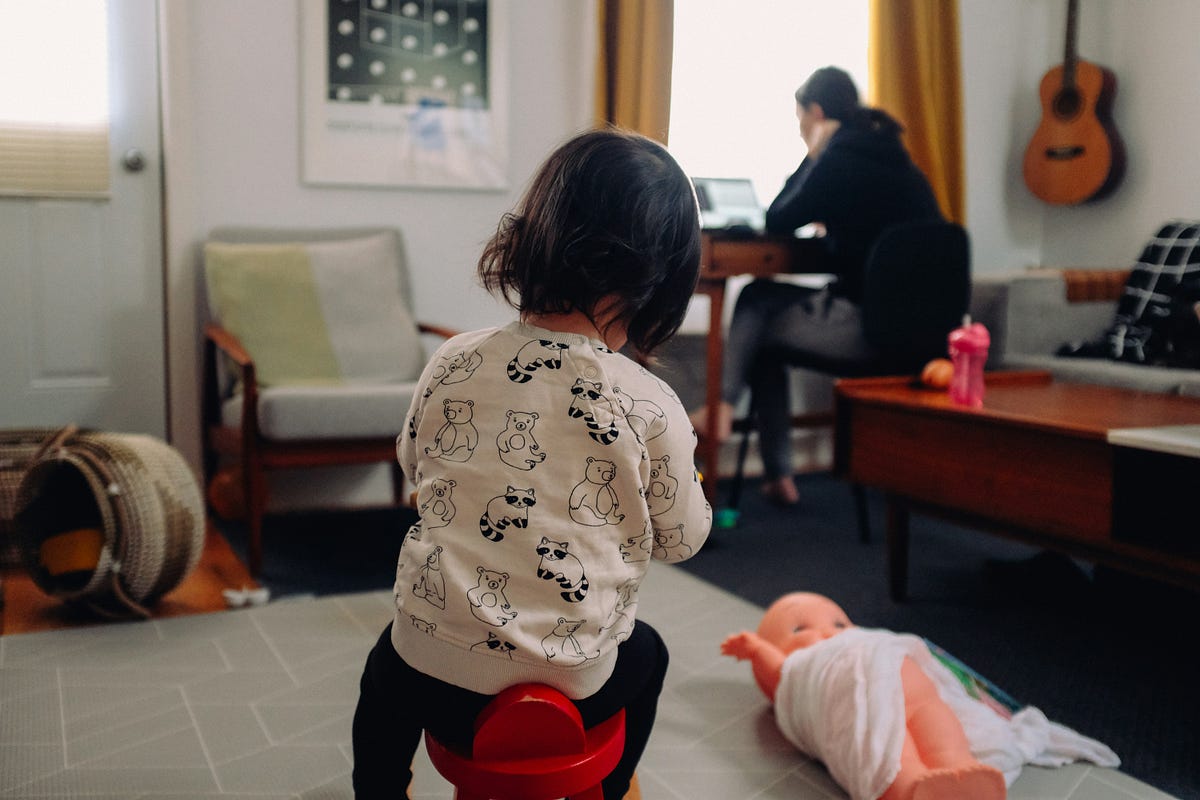The Impact of Remote Work on My Children
The Impact of Remote Work on My Children

My son said something that was a little alarming and troubling which has led me to deep thinking about the impact of remote work. My son had a series of poorly communicated events at school today, which we found out about the night before. I’m completely unavailable to my family at the moment so it falls to my wife. On their way in to the first part of the assembly, my son asked her how long she could stay. Unfortunately my wife had a call she couldn’t miss at 9am. Our son is incredibly empathetic and responded with “It’s OK. Work is more important”, which isn’t what any parent wants to hear. My son is very well loved and he and his mother share a very deep bond. So I’m left wondering, how did we get here?
Remote work has become a central chord in the harmony of our household rhythms. Remote work allows us to live a lifestyle that was previously impossible due to the scheduling void that our commute generates. The Internet talk a lot about remote work from the perspective of the worker but doesn’t often talk about it from the perspective of the family, but more specifically, the children.
My son Xander is 9 years old and my daughter Ella just turned 12. I’m going to focus on Xander for the purposes of this story. When my company moved to remote work on March 11th 2019, (thank you Rudy Gobert ) Xander was 5 years old. For a 9 year old, that’s an eternity, accounting for a little over half his life. He has no real memories of my wife and I going into the office on a daily basis. That lack of context seems minimal at first until I began to think about how that structures his mental model of work and how that mental model relates to him and his value.
When the family all had somewhere to be in the morning, we all woke up, we all did our morning routine together, the kids went somewhere, parents went somewhere and then we all reunited at roughly the same time. There was a shared experience around how our time was used during the day. Even at a young age, our children can relate to the idea that “Mommy and Daddy are doing something like school!”, a shared experience that “required” you to be in a certain place with certain people. Then COVID hits and the memories of those shared experiences fade-to-black as our new reality sets in.
Now, it appears to be difficult for my kids to associate remote work with commitment. Part of it is because remote work schedules are nebulous in a way. Our hours have changed, my wife and I work later into the evening or make up hours in the evening from missed time during the day. With work not being associated with a place and specific time, work seems more like a choice than a commitment.
We see this manifest when Xander comes home from school, for any reason, during our working hours. He’ll ask if we can play a board game or that he’s bored and needs something to do. It’s hard for him to consider us “not there”. Every rejection in favor of work, tilts the scales of value in his mind, leading to statements like “work is more important”.
We’ve never taken the time to discuss with him in detail the nature of remote work because we relied on his memories of a different time. Memories he doesn’t actually have any more. This is less of an issue with my daughter, because she’s older and still has some fleeting memories of the before times. The question now becomes how do we talk to our kids about the nature of remote work and what assumed knowledge do we need to rethink?
My initial bullet list is to mention:
- We work with other people who also have families and commitments. Having a shared, overlapping time frame where we work is important to make sure people can meet those commitments and share time with their family.
- Scheduling certain things is very important. This way everyone knows when they need to be available and when other things need to be scheduled around it.
- Sometimes we can take time off during the day to do personal things, but it doesn’t change what’s expected from us and when.
The hard part I’m struggling with is how to explain the value part of the conversation. If I’m choosing work over playing a board game with him, in a sense I am saying that work is more important in that moment. Not more important than him as a person, but more important than what he would like me to do in that specific moment. I’m hoping the nuance will come through.
I’d be very interested to hear if others have experienced anything like this. We’re raising children in a new world, which is bringing up new questions and obstacles. Obstacles that my parents and in-laws have no experience with, making them just as in the dark as we are.